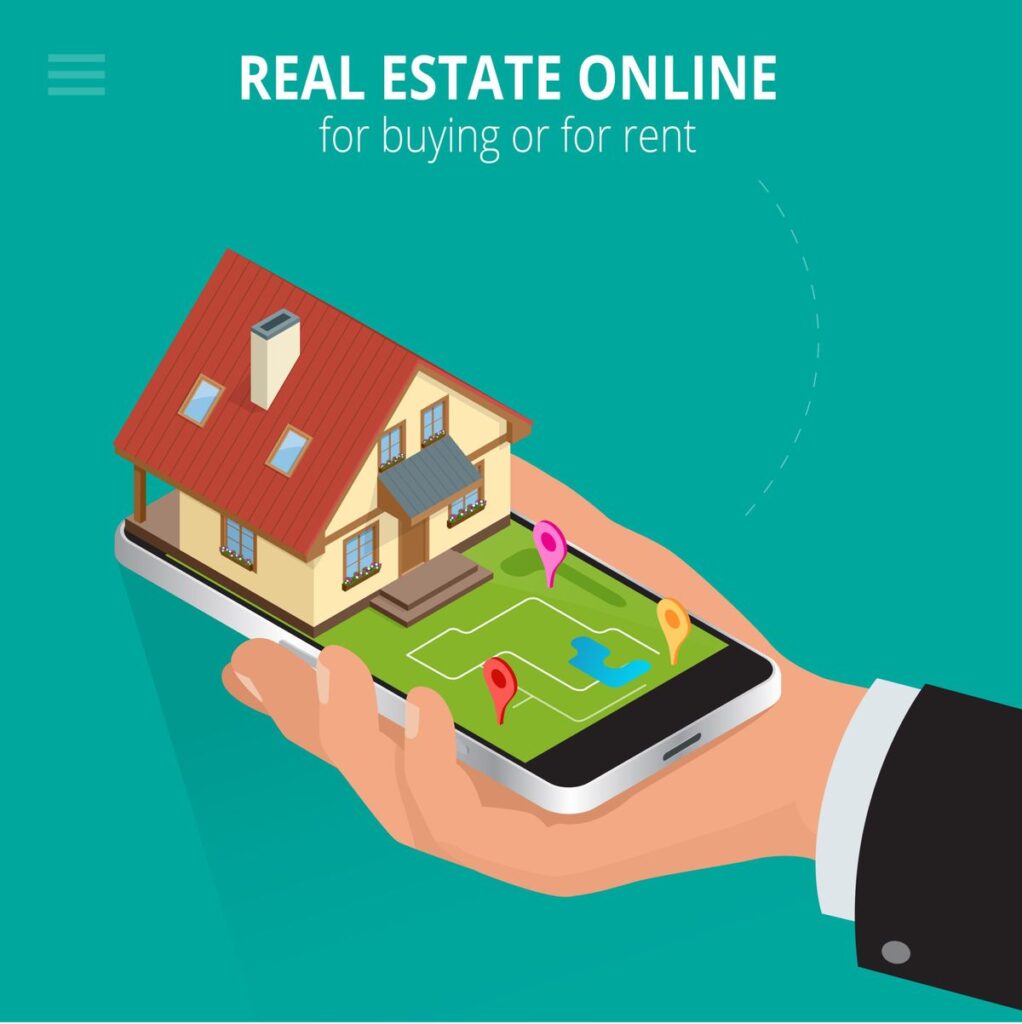Aligning your real estate CRM Customer Relationship Management system with your social media goals is crucial for maximizing your online presence and converting leads into clients. In today’s digital landscape, social media has become a powerful tool for real estate agents to engage with potential buyers and sellers, build relationships, and showcase listings. Here’s how you can effectively integrate your CRM with your social media strategy to enhance your business:
- Centralize Your Data
Your CRM serves as the hub for all client information and interactions. Integrating it with your social media platforms allows you to consolidate data from various channels into one cohesive system. This integration ensures that every interaction on social media is recorded and analyzed alongside other client touchpoints. By centralizing your data, you gain a holistic view of each client’s preferences, behaviors, and communication history, enabling personalized engagement strategies.
- Segmentation for Targeted Marketing
Utilize the data within your CRM to segment your social media audience effectively. Segmenting based on demographics, interests, location, and buying intentions allows you to tailor your content and advertisements to specific groups. For example, you can create targeted Facebook ads for first-time homebuyers or Instagram posts showcasing luxury properties for affluent clients. This targeted approach increases the relevance of your content, leading to higher engagement and conversion rates.

- Automate Outreach and Follow-ups
Automation is a key benefit of integrating your CRM with social media. Set up workflows that automatically trigger follow-up emails, social media messages, or reminders based on predefined actions or milestones in your CRM. For instance, send a personalized thank-you message on Facebook to new clients who have just signed a contract, or schedule regular updates on Twitter for leads in the negotiation phase. Automation saves time, ensures consistent communication, and keeps leads warm throughout the buying or selling process.
- Monitor Engagement and Performance
Track social media engagement metrics within your CRM to gauge the effectiveness of your campaigns. Monitor likes, shares, comments, and click-through rates to understand which content resonates best with your audience. Use this data to refine your social media strategy continuously. For example, if a particular type of post generates a high number of inquiries or shares, replicate its style or theme in future content. Real-time analytics provided by CRM integrations help you make data-driven decisions to optimize your social media efforts.
- Enhance Customer Relationships
Social media is a powerful tool for building and nurturing relationships with both current and potential clients. Use your CRM to keep track of interactions and preferences gleaned from social media interactions. Engage with social media marketing real estate followers by responding promptly to messages and comments, sharing informative content, and participating in discussions. Personalized interactions demonstrate your commitment to customer service and help establish trust and credibility, ultimately leading to more referrals and repeat business.
